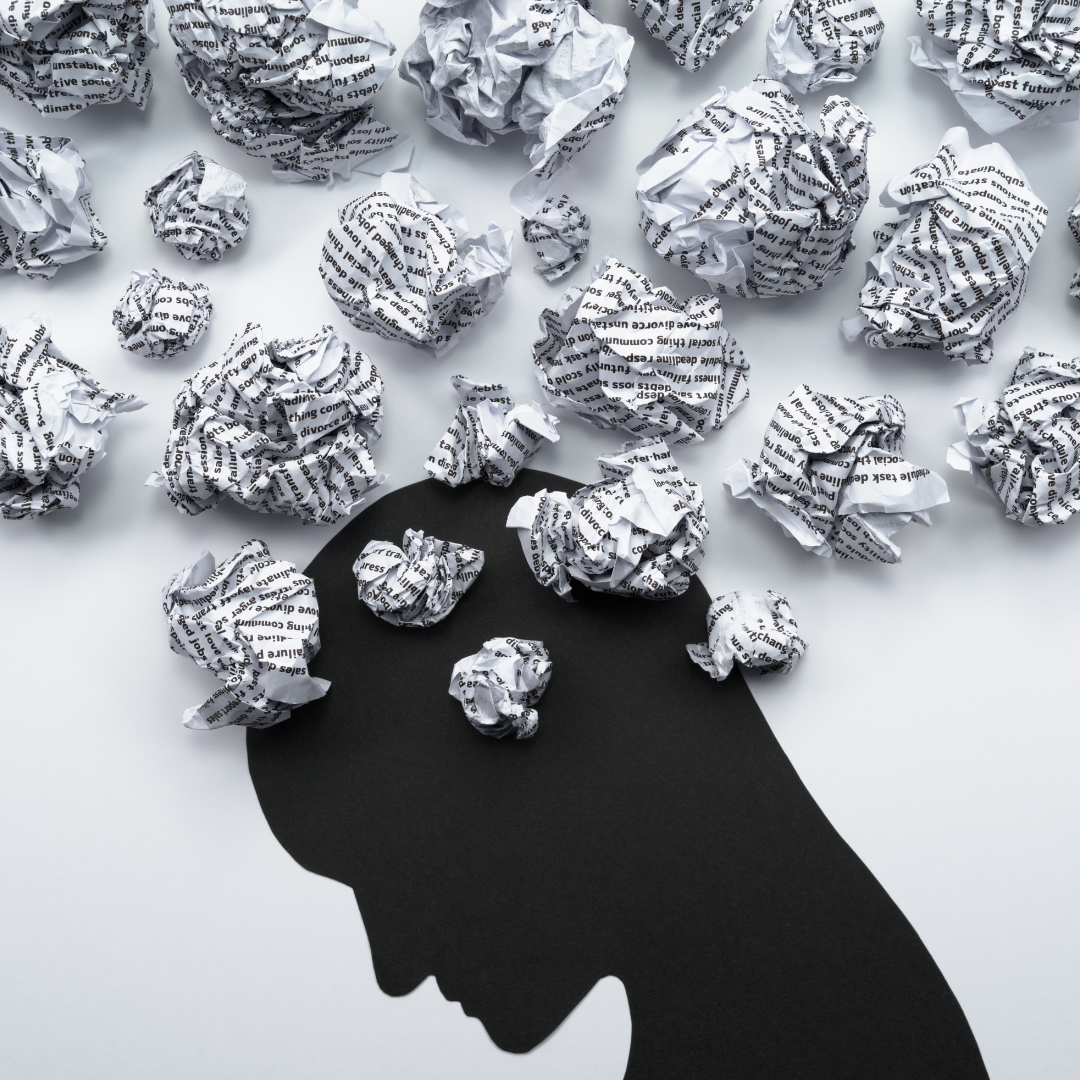Anxiety and Depression
What is Depression?
Depression is when a sad, angry, or apathetic mood lasts for a long time and interferes with daily activities and function. Depression can happen once in a lifetime or be a chronic condition. One in six adults will experience depression at some point in their life. Depression can affect anyone at anytime.
According to the CDC, symptoms of depression include:
- Feeling sad or anxious often or all the time
- Not wanting to do activities that used to be fun
- Feeling irritable‚ easily frustrated‚ or restless
- Having trouble falling asleep or staying asleep
- Waking up too early or sleeping too much
- Eating more or less than usual or having no appetite
- Experiencing aches, pains, headaches, or stomach problems that do not improve with treatment
- Having trouble concentrating, remembering details, or making decisions
- Feeling tired‚ even after sleeping well
- Feeling guilty, worthless, or helpless
- Thinking about suicide or hurting yourself

How can a group medical visit help?
Mental health conditions like anxiety and depression can interfere with our ability to live a normal life. Group medical visits create a community of people who want to get better and can help motivate you to get better.
Group Medical visits offer people an additional resource to help manage their conditions with the support of medical providers, dietitians, and mental health experts, as well as the lived experiences of other patients.



